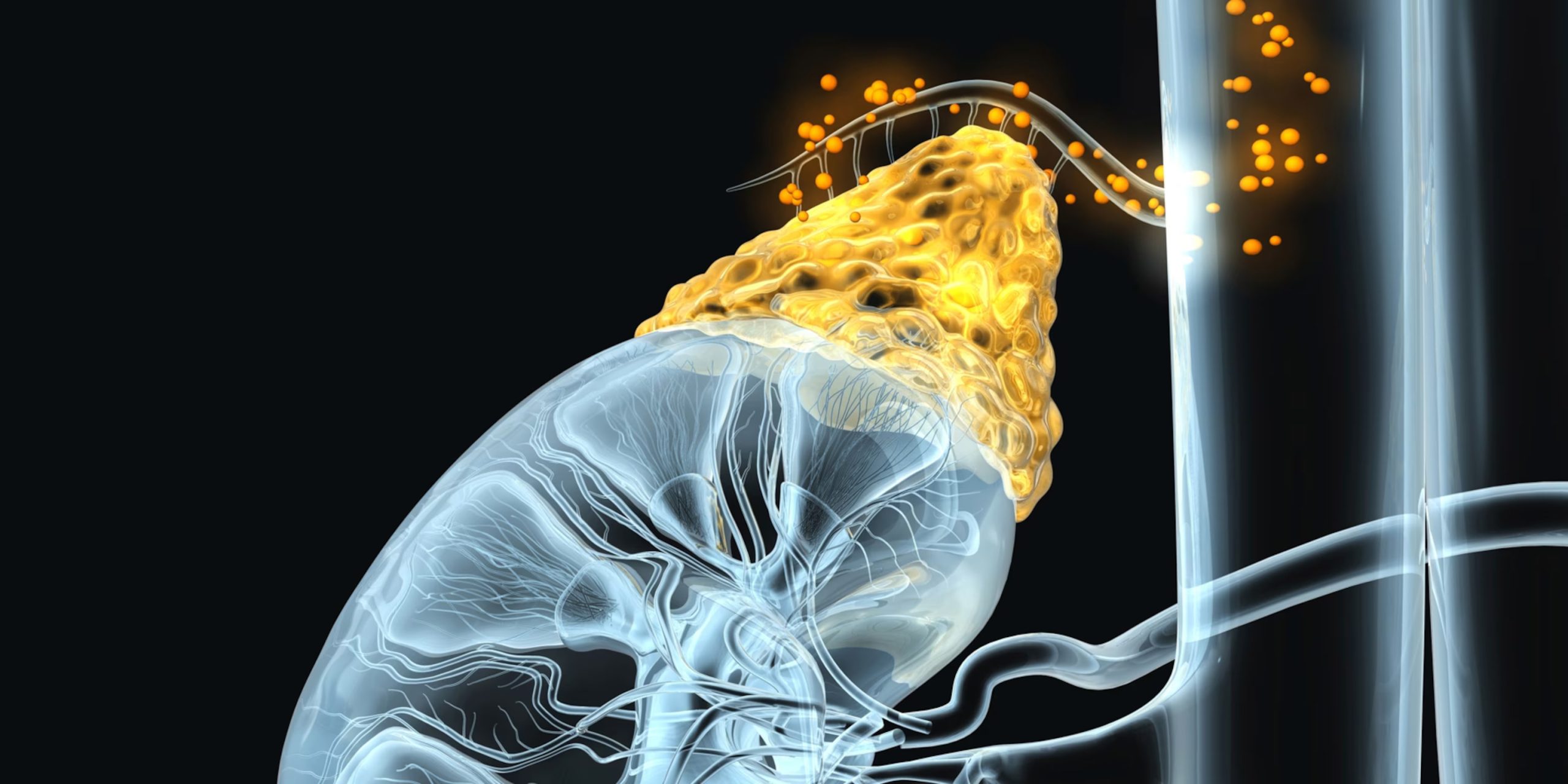Cortisol, often called the “stress hormone,” has gained significant attention recently, particularly in online discussions and trends like “cortisol face.” Though cortisol is essential for survival, helping the body manage stress and regulate various biological functions, its rising prominence in social media can oversimplify its role and the ways it can be managed. Understanding cortisol’s function and the potential effects of supplements designed to reduce it is crucial before jumping on the trend.
Cortisol is released by the adrenal glands in response to stress, playing a key role in regulating metabolism, blood sugar, inflammation, and the body’s circadian rhythms. This hormone is part of the hypothalamic-pituitary-adrenal (HPA) axis, which manages the stress response. Cortisol’s role in the body extends to influencing our fight-or-flight reactions and is necessary for survival, as it impacts a wide range of physiological processes.
Diet can influence cortisol levels significantly. High sugar and saturated fat intake can increase cortisol production, while a diet rich in fruits, vegetables, and whole grains can help lower cortisol levels. Other factors also affect cortisol levels, including medications, alcohol, caffeine, certain health conditions, athletic activity, and pregnancy.

Excessively high cortisol levels, especially when prolonged, can have harmful effects. It may lead to conditions like Cushing’s disease, which causes the body to overproduce cortisol. High cortisol can also disrupt metabolic health, promoting insulin resistance and inflammation. Symptoms of high cortisol include weight gain, especially in the face and abdomen, increased fat under the shoulder blades, muscle weakness, hypertension, and mental symptoms like brain fog and irritability.
If someone experiences symptoms of high cortisol, it’s important to consult a healthcare professional to test cortisol levels and rule out conditions like Cushing’s disease or Addison’s disease. Cortisol testing is usually done with blood samples but may also involve urinary analysis for a more comprehensive view of cortisol fluctuations throughout the day.
Certain supplements have been shown to help regulate cortisol levels. Magnesium, vitamin C, Rhodiola rosea, and pterostilbene (an antioxidant from blueberries) are among the compounds studied for their effects on the HPA axis. These supplements can indirectly influence cortisol levels by modulating the stress response, rather than directly reducing cortisol.
Vitamin C is particularly noted for its potential to reduce cortisol levels, especially in those with elevated cortisol from stress. Research has shown that vitamin C can help modulate the body’s response to stress, making it a potentially effective supplement for those experiencing high cortisol. It is commonly found in foods like citrus fruits, potatoes, and broccoli.

Ashwagandha, an adaptogenic herb, has also shown promise in helping the body manage stress, though studies on its effects are varied. As an adaptogen, it supports the body’s ability to cope with stress and has been linked to reduced stress and anxiety. However, the appropriate dosage can vary between products, so it’s essential to follow product instructions carefully.
Omega-3 fatty acids, found in fish and some seeds, have been linked to lower cortisol levels. A study found that participants who took high doses of omega-3 had reduced cortisol compared to a placebo group. For optimal benefits, daily intake recommendations vary based on age and other factors, with specific guidelines for men and women over age 14.
Rhodiola rosea, another adaptogen, helps balance cortisol levels by modulating the HPA axis. Studies suggest that it may reduce fatigue and improve mental performance, particularly for those experiencing burnout or stress-related fatigue. This supplement is also used for its potential to decrease cortisol responses to stress.
Pterostilbene, an antioxidant found in blueberries, has been linked to improved stress-related behaviors and may help regulate the stress response. Although direct studies on its effect on cortisol are still emerging, early evidence suggests that it could support a balanced response to chronic stress through neuroprotective and anti-inflammatory effects.
While these supplements are generally safe for most people, they are not a universal solution for everyone. A healthy lifestyle that includes stress management practices can help regulate cortisol naturally without the need for supplements. Techniques like meditation, yoga, exercise, and mindfulness-based stress reduction have been shown to help manage cortisol levels effectively.
Despite the popularity of cortisol supplements, they are not always necessary for people without cortisol-related illnesses. Consulting a healthcare professional is essential before starting any new supplement regimen, especially since the FDA does not regulate supplements as strictly as medications. Additionally, supplements should not replace healthy habits and stress management techniques in maintaining balanced cortisol levels.
Lastly, cortisol blockers, such as mifepristone and pasireotide, are prescription medications used in the treatment of conditions like Cushing’s syndrome. While cortisol blockers can be effective, they come with potential side effects, and their use should be carefully managed by a doctor. Over-the-counter products marketed as cortisol blockers may not be as effective or safe, and often, they are simply rebranded cortisol-reducing supplements.
